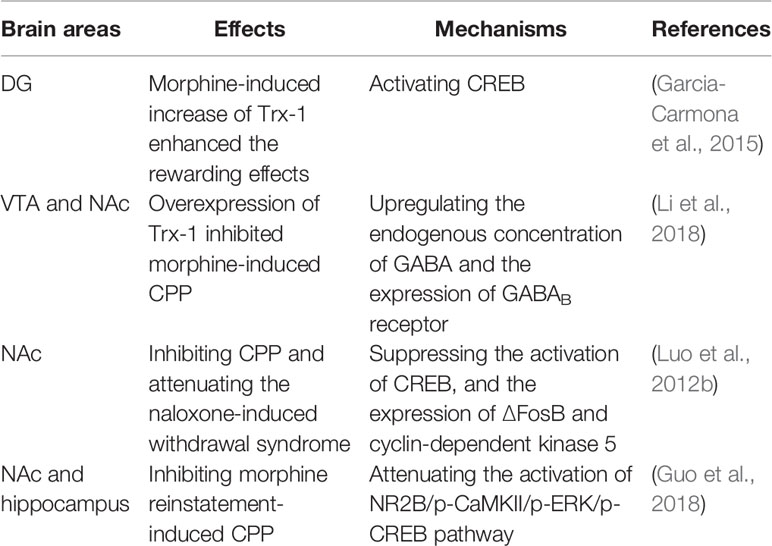Morphine is a powerful narcotic pain reliever commonly used to treat moderate to severe pain. It is often prescribed to patients following major surgery, for cancer pain, and for some chronic pain conditions. As with any powerful medication, there is a risk of dependence and addiction. So the question remains: is morphine addictive? In this article, we will explore the potential for morphine addiction and the dangers associated with it.

Contents
Is Morphine Addictive?
What is Morphine?
Morphine is a powerful opiate painkiller used to treat moderate to severe pain. It relieves pain by blocking the signals sent by the brain to the nervous system. Morphine is usually taken orally or injected into a vein, and its effects typically last for 4 to 6 hours. It can also be used as a suppository. Morphine is one of the most commonly prescribed opiate drugs and is highly addictive.
Side Effects of Morphine
Morphine has many side effects, including nausea, vomiting, constipation, drowsiness, and confusion. It can also cause decreased alertness, dizziness, and changes in heart rate and breathing. Long-term use of morphine can lead to tolerance and physical dependence.
Signs of Morphine Addiction
One of the most common signs of morphine addiction is the development of tolerance. This means that the user needs to take more of the drug to experience the same effects. Other signs of addiction include increased feelings of anxiety and depression, changes in sleep patterns, and cravings for the drug. If a person is using morphine for non-medical reasons, that is also a sign of addiction.
Risks of Morphine Addiction
Morphine addiction carries serious risks, including an increased risk of overdose. Overdosing on morphine can lead to respiratory depression, coma, and even death. Other risks associated with morphine addiction include the risk of developing other mental health issues and the risk of developing an addiction to other drugs.
Treating Morphine Addiction
Treatment for morphine addiction typically involves a combination of medication and therapy. Medication is used to manage withdrawal symptoms and reduce cravings. Therapy is used to help the user understand the underlying causes of their addiction and develop healthier coping skills.
Preventing Morphine Addiction
Morphine addiction can be prevented by following the doctor’s instructions when taking the drug. It is important to only take the prescribed dose and not take more than recommended. Additionally, it is important to be honest with the doctor about any history of substance abuse.
Top 6 Frequently Asked Questions
Q: What is Morphine?
A: Morphine is a powerful opioid narcotic medication that is used to treat moderate to severe pain. It is derived from opium and is found in many prescription medications, including some cough syrups. Morphine is an effective pain reliever, but it has the potential to be habit-forming and is often abused due to its powerful effects.
Q: Is Morphine Addictive?
A: Yes, morphine is highly addictive and can lead to dependence and abuse. People who take morphine for extended periods of time, or use it in large doses, may become physically and psychologically dependent on the drug. This can lead to cravings for the drug and withdrawal symptoms when it is stopped.
Q: What are the Signs of Morphine Addiction?
A: The signs of morphine addiction vary from person to person, but some common signs include increased tolerance, cravings, compulsive use, and withdrawal symptoms. Other signs may include mood swings, depression, changes in sleep patterns, and changes in eating habits.
Q: What are the Risks of Morphine Addiction?
A: The risks of morphine addiction are numerous. People who are addicted to morphine may be at risk of overdose and death due to the drug’s powerful effects. Additionally, those who are addicted to morphine may be at risk for other health issues such as physical dependence, respiratory depression, and organ damage.
Q: How is Morphine Addiction Treated?
A: The treatment of morphine addiction typically involves a combination of medication and counseling. Medications such as buprenorphine and naltrexone can be used to help manage cravings and withdrawal symptoms. Additionally, individual and group counseling can be used to help individuals learn to cope with their addiction and develop healthier habits.
Q: What are Some Ways to Prevent Morphine Addiction?
A: There are a number of ways to help prevent morphine addiction. It is important to take the medication only as prescribed, and not to take more than the recommended dosage. Additionally, it is important to talk to your doctor about any potential side effects and to let them know if you are having any difficulties. Finally, it is important to seek help if you or someone you know is struggling with an addiction to morphine.
Why is Morphine addictive? | A/Prof Jennifer Stevens
Morphine is a powerful opioid painkiller that is commonly prescribed to treat severe pain. While it can be an effective form of pain relief, it is also highly addictive and can lead to dependence and abuse. If you or someone you know is prescribed morphine, it is important to be aware of the risks of addiction and take appropriate measures to ensure safe and responsible use.

